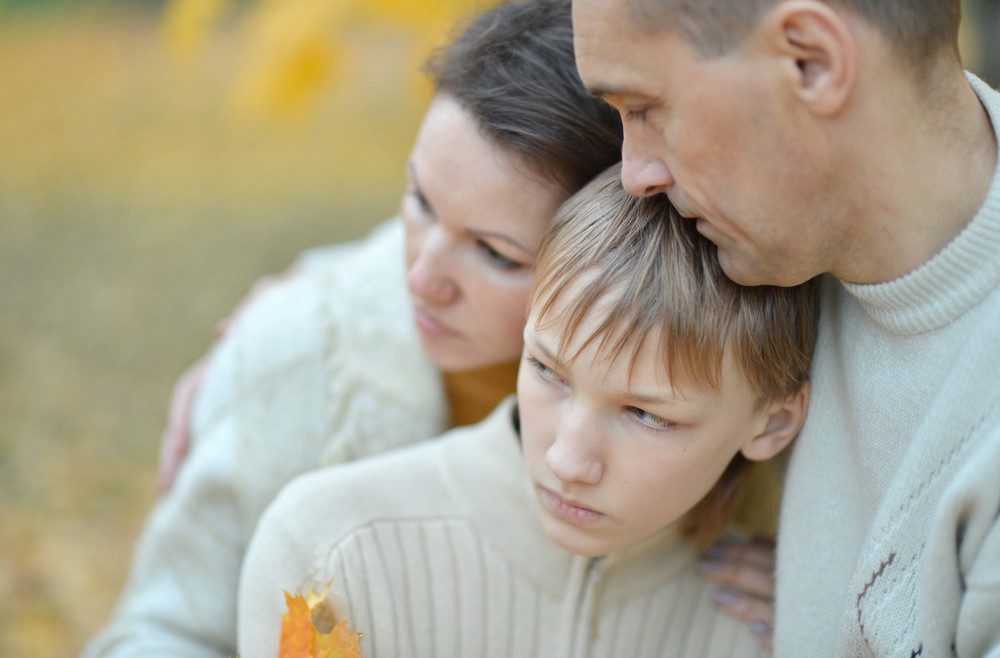I still remember, vividly, the last conversation I had with a childhood friend of mine. I was out one Saturday night in Cork and happened to bump into him, writes Richard Hogan.
He was slightly younger than me and I had always felt a little protective of him.
He was a sensitive, beautiful soul. We had a nostalgic conversation about our childhood days growing up in Douglas.
And then we got separated during the night.
Later that week, I was stunned to hear he had died by suicide. My head was adrift with everything we had talked about that previous Saturday night.
Why didn’t I notice anything? What did I say? Did he try to tell me and I didn’t pick up on it? Could I have helped him?
All these thoughts were further compounded when I heard more devastating news; a school friend of mine had copied his suicide. I really didn’t know what to think. It left me very vulnerable and confused. And it is something that I still think about, and I am no clearer about it today than I was the week it all happened over 20 years ago.
Suicide is a particularly disturbing phenomenon in our society.
In some cases, it can strike without warning and it leaves all that are impacted by it struggling to come to terms with the absolute devastation that is left in its wake.
And when it does strike, parents are often at a loss as to what to say to their child about their friend they have just lost. It is a very worrying time for everyone who is left behind. And yet, it is very important that we talk to our children about it. Some of the parents that I talk to about suicide are very concerned that if they do talk about it with their children the conversation might give them ideas and they are also worried that if they don’t talk about it, their child will bottle up what it is they are feeling and eventually express those feelings in a very negative way.
So, parents really struggle with this complex and taboo issue. And the statistics on suicide make for very chilling reading.
The World Health Organisation (WHO, 2014) portrays suicide as the third biggest killer of teenagers in this country.
That is a stark reminder to all us parents, and illuminates the fact that we need to be able to open up a gentle dialogue with our children and not shy away from the topic because we are uncomfortable discussing it. The more your child talks about what it is that is troubling them, the more those negative feelings dissipate because they are no longer a secret.
We need to demystify mental health for our teenagers, so they understand that mental health is not the stigma it once was and we must tell them that nearly everyone experiences difficulties now and again.
Walking through the city last week I had the pleasure of a chance meeting with a past pupil of mine. A wonderful young man, full of life.
He immediately told me about the difficult time he recently had with his own mental health. He described the pressure he had been under with his new job and buying a new house. However, his father’s health issue had really impacted his psyche and exacerbated those feelings of anxiety and tension.
He told me he really didn’t understand what was happening to him because he had never been told anything about mental health.
He had left school in 2010, before schools promoted mental health awareness. His honesty and courage was inspiring.
He magnanimously offered to come into the school to tell the students about his experience. He was passionate about informing the students so that if one of them went through a difficulty like he had recently gone through, they would understand that they are not alone and that mental health issues like anxiety and depression eventually pass.
The more we talk about our experiences, like this young man, the more we gain power over them.
One of the most important pieces of information for any parent to know is that an open and safe relationship with your child, whereby they feel supported and listened to, significantly increases the likelihood they will come to you when they are experiencing a difficulty in their life. Parents must try to avoid being overly critical of their child when they do not live up to expectations.
I know this can be frustrating as a parent, especially when you perceive that your child is not making a good enough effort in whatever pursuit they are engaged in.
However, when you are overly critical your child internalises that criticism, this negative voice can evolve and become a far more destructive inner monologue that has the potential to endanger the mental health of that child.
Suicide is a difficult topic for all of us to talk about. But we cannot let it go unspoken. Our children need to feel they can talk to us as parents, teachers, and clinicians about whatever it is they are going through.
When suicide does occur in our community we need to have a dialogue with our children so that we can all work through the complicated emotions we are experiencing.
– Richard Hogan is a school teacher, systemic family psychotherapist, and father of three.




